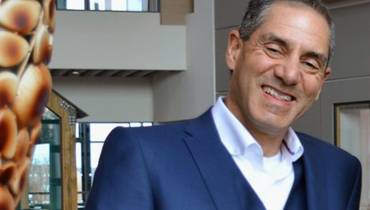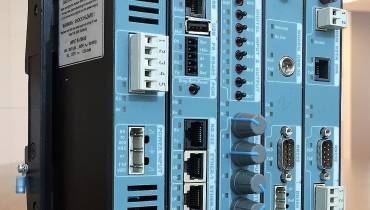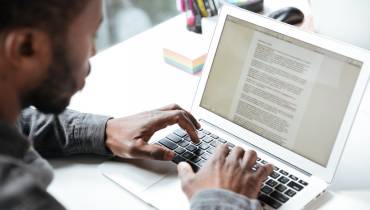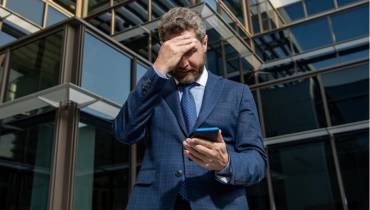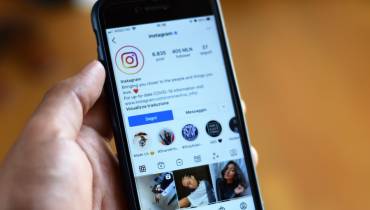Mixed Reactions as Nigeria Lifts Twitter Suspension
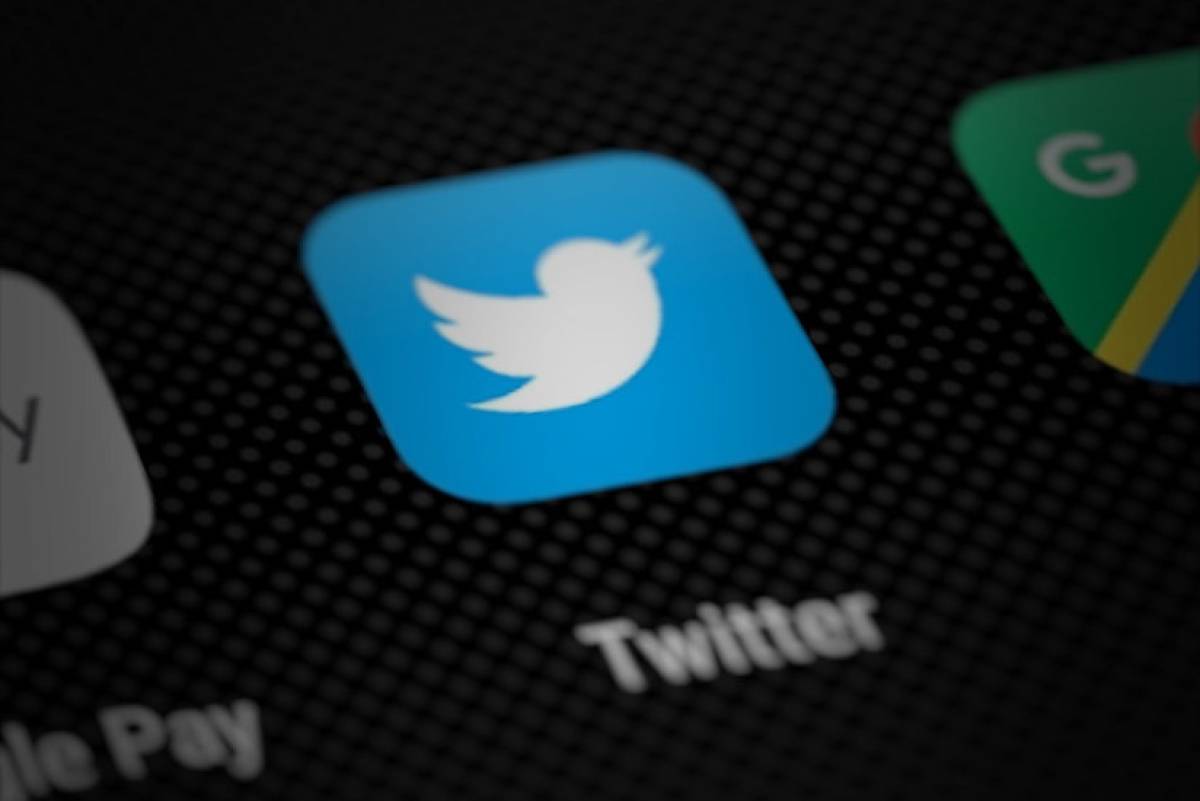
Seven months after the shutdown of the microblogging network, the Nigerian government has lifted the ban on Twitter services in the country.
This came after the American-owned company agreed to establish "a legal entity in Nigeria by the first quarter of 2022," according to Kashifu Inuwa Abdullahi, DG of the National Technology Development Agency (NITDA).
The NITDA director-general said in a statement in Abuja that the Twitter restoration was granted following a memo sent by the Minister of Communications and Digital Economy, Prof Isa Ali Ibrahim, to President Buhari.
"The Federal Government of Nigeria authorizes me to tell the public that President Muhammadu Buhari, GCFR, has approved the lifting of the ban of Twitter operations in Nigeria effective at 12am tonight, January 13, 2022," he added.
Since midnight Thursday, January 13, Nigerians have been accessing Twitter after telecom and internet providers removed the blockage earlier put in place to restrict access to the social media site, following a government order in June.
This comes after a report earlier this month suggested that the government was willing to lift the Twitter ban if the company met the administration's six requirements for restoration.
According to the report, "Twitter has finally met six of the Federal Government's prerequisites for lifting the ban on its service in Nigeria by the end of business in 2021." The platform is said to have agreed to the following six conditions:
- Set up an office in Nigeria
- Have a country representative
- Payment of fair taxes
- Train Nigerian IT workers and strategic intelligence officers on reporting Twitter abuse and infractions noticed by the government.
- Register with the Corporate Affairs Commission (CAC) or obtain a license from the National Broadcasting Commission.
- Sensitive to the country's security and unity. It must not jeopardise the nation's security.
Events Preceding the Shutdown
The Nigerian government suspended Twitter operations on June 4, 2021, after the microblogging platform deleted a tweet from President Buhari's official account.
The president's tweet was widely seen as threatening pro-Biafra agitators in Nigeria's Igbo-speaking south-eastern region with a repeat of the Biafra Civil War in 1967-1970, in which an estimated 500,000 to 2 million people lost their lives.
The tweet was flagged as a violation of Twitter's "abusive behavior" policy and then deleted.
The federal government responded to Twitter's action by imposing an indefinite suspension because of what it termed "the ongoing use of the platform for activities that are capable of harming Nigeria's corporate existence."
The ban began on June 5, 2021, after the government directed all Nigerian network service providers to restrict access to Twitter.
Despite the government's claim that Twitter was suspended because it "has continuously made its platform available to individuals who are endangering Nigeria's corporate existence," the ban was widely seen as the climax of long-running disputes between the Buhari administration and the platform.
During the #EndSARS protest against police brutality in October 2020, Twitter was the main rallying point for demonstrators and organizers who used the platform to build support for the movement, which called for the dissolution of a Nigerian police unit known as the Special Anti-Robbery Squad (SARS).
Twitter has also been a platform for Nigerian youths to express themselves on the country's most pressing social and political matters. Additionally, activists like Omoyele Sowore and also secession campaigners like Nnamdi Kanu and Sunday Igboho used Twitter to organize protests and gain publicity for their causes.
Those are some of the issues the government has had with Twitter, and since assuming office in 2015, social media regulation has been a recurring agenda of the administration.
The Economics and Social Effects of the Ban
The Twitter ban impacted the country's economy by denying access to an estimated 40 million users.
According to reports, Nigeria lost hundreds of millions of dollars in just a few months. Nigerians expressed their displeasure with the ban's impact on their businesses and social life both locally and internationally.
For many Twitter users in the country, particularly young people, the network has significantly impacted their daily lives. It is an important part of their social lives and also serves as a marketing platform for their businesses.
Many people use Twitter to reach and interact with clients who would otherwise be out of reach without the social media platform.
Many Nigerian youths used Virtual Private Networks (VPNs) to circumvent the telecom and internet providers' blockade, but the ban's economic and social effects on businesses and individuals were nevertheless significant.
The European Union, United States, United Kingdom, Ireland, Canada, and some other foreign diplomatic missions condemned the ban.
Mixed Reactions Trails the Restoration
There have also been some reactions from Nigerians on Twitter following the lifting of the ban.
The main reason for lifting the ban, according to many Nigerian youths, is that strategic planning for next year's elections has begun. They believe the administration is aware of Twitter's influence among young people and has lifted the ban so that the platform can be used for campaigns next year.
According to a Twitter user with handle @FS_Yusuf_, "There is nothing to celebrate about the #TwitterBan. They did it because the election is here. They need Twitter, more than any other social media network, to run ridiculous PR."
Another user with handle @Sylvia_Ikeji also stated: “The ban just like closing borders, banning crypto and enforcing NIN registration is as useless, wasteful and a foolish decision as PMB’s entire tenure as president.”
Amnesty International, a human rights organization, applauds the removal of the ban but says it “was illegal — in the first place — and an attack on the right to freedom of expression, including online access to information and media freedom. Nigerian authorities must end all acts that violate rights to freedom of expression, access to information, and freedom of the press.”
Atiku Abubakar, former Vice President, and Bukola Saraki, former Senate President, also reacted to the ban lifting.
In a tweet, Atiku said, “The effects of the #TwitterBan, particularly on small businesses, was evident for all to see. I am glad that the ban has finally been lifted, and our young people who are already dealing with the challenging business environment can now have a breath of fresh air to thrive,”
Saraki tweeted that “After 222 days, I am glad that the FG has finally reconsidered and reversed the #TwitterBan. With this reversal, the young people who conduct legitimate business on this platform can once again pursue their various endeavours and exercise their right to freedom of speech.”
Twitter has also reacted to the resumption of its operations in Nigeria. The company stated on its Public Policy page: "We are pleased that Twitter has been restored for everyone in Nigeria. Our mission in Nigeria and around the world is to serve the public conversation. We are deeply committed to Nigeria, where Twitter is used by people for commerce, cultural engagement, and civic participation.”
Twitter is yet to open an office in Nigeria or appoint a local representative, but the ban on the platform was lifted on the “agreement” that it will do so and meet other government requirements.








